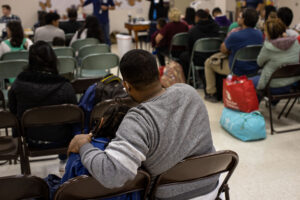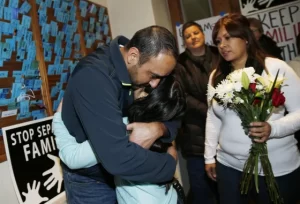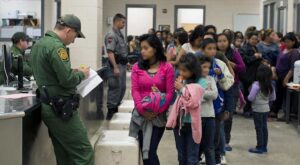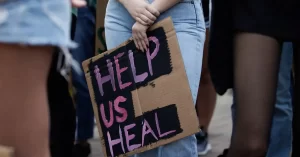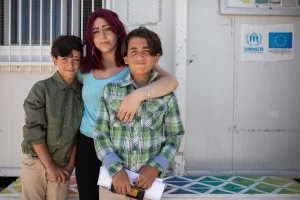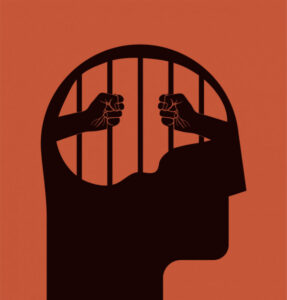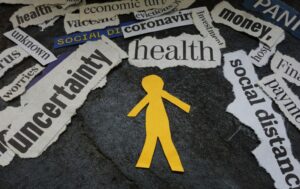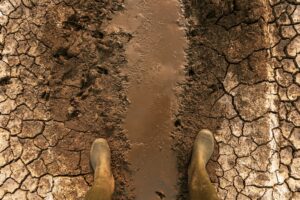When disasters strike, the immediate response is often swift, with organizations and volunteers rushing in to provide relief. However, recovery doesn’t end when the headlines fade. For affected communities, the journey to healing and rebuilding can take months or even years. Post-recovery support is essential to ensuring that no one is left behind.
The Long Road to Recovery
- Emotional and Mental Health
Disasters leave deep emotional scars. Survivors often struggle with anxiety, depression, or PTSD, especially if they’ve lost loved ones, homes, or livelihoods. - Economic Challenges
Rebuilding homes, businesses, and infrastructure is costly. Many families struggle to recover financially, especially in underserved communities that were already vulnerable before the disaster. - Community Displacement
Disasters can displace entire communities, disrupting social bonds and support networks. Rebuilding these connections is as important as rebuilding physical structures.
How We Can Support Post-Recovery Efforts
- Provide Long-Term Aid: Donate to organizations that stay engaged in recovery efforts long after the initial crisis.
- Support Mental Health Resources: Advocate for accessible counseling and therapy services for disaster survivors.
- Promote Community Resilience: Help communities prepare for future disasters by supporting education, training, and infrastructure improvements.
Recovery is a marathon, not a sprint. By standing with communities in the months and years after a disaster, we can ensure that healing is complete and sustainable.








